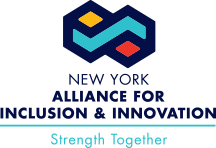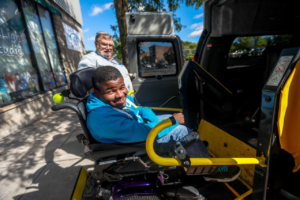The COVID-19 pandemic and subsequent economic crisis exposed the vulnerabilities of this essential system of care and had a devastating effect on individuals with I/DD, who are at increased risk of contracting and suffering serious complications from the coronavirus. Now, this system is on the verge of crumbling as a result of looming budget cuts, chronic underfunding, and the impacts of the pandemic.
90% of the sector’s funding comes from the state government. Therefore, to sustain the system long-term and allow organizations to continue to provide lifelong support and care, New York State must:





